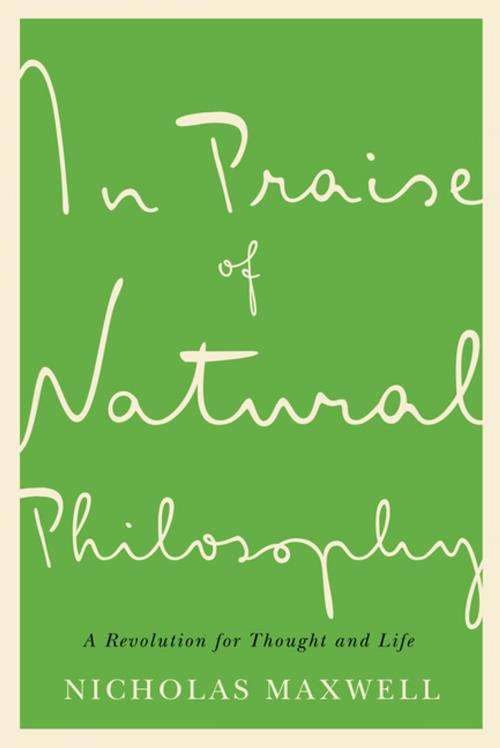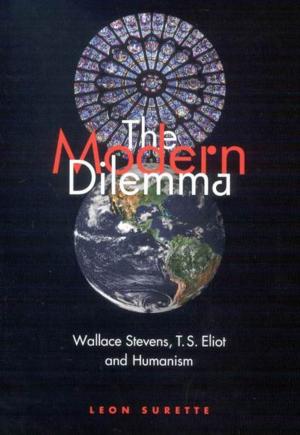In Praise of Natural Philosophy
A Revolution for Thought and Life
Nonfiction, Religion & Spirituality, Philosophy| Author: | Nicholas Maxwell | ISBN: | 9780773549050 |
| Publisher: | MQUP | Publication: | February 24, 2017 |
| Imprint: | MQUP | Language: | English |
| Author: | Nicholas Maxwell |
| ISBN: | 9780773549050 |
| Publisher: | MQUP |
| Publication: | February 24, 2017 |
| Imprint: | MQUP |
| Language: | English |
In Praise of Natural Philosophy argues for a transformation of both science and philosophy, so that these two distinct domains of thought become one: natural philosophy. This in turn has far-reaching consequences for the whole academic enterprise. It transpires that universities need to be reorganized so that they become devoted to seeking and promoting wisdom by rational means – as opposed to just acquiring knowledge. Modern science began as natural philosophy. What today we call science and philosophy, in Newton's time formed one integrated enterprise: to improve our knowledge and understanding of the universe. Profound discoveries were made. And then natural philosophy died. It split into science and philosophy. But the two fragments are defective shadows of the glorious unified endeavour of natural philosophy. Rigour, sheer intellectual good sense, and decisive argument demand that we put the two together again, and rediscover the immense merits of the integrated enterprise of natural philosophy. This requires an intellectual revolution, with profound consequences for how we understand the universe, do both science and philosophy, and tackle global problems. A comprehensive addition to discussions about the purposes of academia, In Praise of Natural Philosophy has dramatic implications for the fate of our world.
In Praise of Natural Philosophy argues for a transformation of both science and philosophy, so that these two distinct domains of thought become one: natural philosophy. This in turn has far-reaching consequences for the whole academic enterprise. It transpires that universities need to be reorganized so that they become devoted to seeking and promoting wisdom by rational means – as opposed to just acquiring knowledge. Modern science began as natural philosophy. What today we call science and philosophy, in Newton's time formed one integrated enterprise: to improve our knowledge and understanding of the universe. Profound discoveries were made. And then natural philosophy died. It split into science and philosophy. But the two fragments are defective shadows of the glorious unified endeavour of natural philosophy. Rigour, sheer intellectual good sense, and decisive argument demand that we put the two together again, and rediscover the immense merits of the integrated enterprise of natural philosophy. This requires an intellectual revolution, with profound consequences for how we understand the universe, do both science and philosophy, and tackle global problems. A comprehensive addition to discussions about the purposes of academia, In Praise of Natural Philosophy has dramatic implications for the fate of our world.















